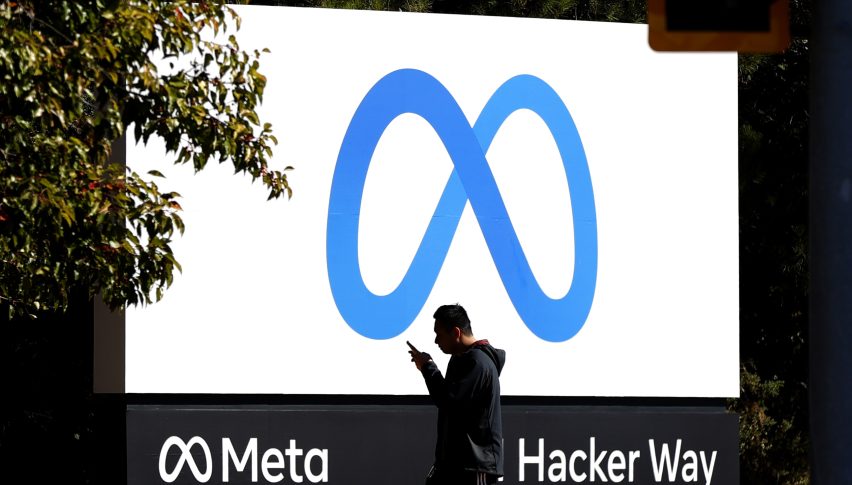Meta Stock Falls From Highs as Investors Weigh Smart Glasses Rollout Price
Despite a stellar Q2 2025 earnings report, market excitement waned as Meta Platforms, Inc. (NASDAQ: META)'s shares fell from all-time highs.

Quick overview
- Meta Platforms, Inc. reported strong Q2 2025 earnings, with revenue up 22% year-over-year to $47.52 billion, surpassing analyst expectations.
- Despite exceptional financial performance, Meta's stock fell over 2%, reflecting investor caution ahead of new product launches and regulatory moves.
- Institutional investors, including Liontrust Investment Partners, reduced their stakes in Meta, indicating a shift in sentiment as the company prepares to unveil AI hardware.
- Meta's ambitious plans for AI and metaverse development are underscored by increased capital expenditure, but the market remains wary of its hardware pricing and valuation.
Live META Chart
[[META-graph]]Despite a stellar Q2 2025 earnings report, market excitement waned as Meta Platforms, Inc. (NASDAQ: META)’s shares fell from all-time highs.
The company’s market capitalization dropped from roughly $2 trillion to $1.93 trillion after shares fell more than 2%, or about $20, despite posting results that far exceeded Wall Street’s expectations. Meta’s stock had briefly surged to fresh all-time highs of $795.53 on the back of its strong earnings, but momentum faded as investors reassessed near-term risks.
Institutional Moves and Investor Sentiment
Regulatory filings revealed that Liontrust Investment Partners LLP reduced its stake in Meta by 11.2% during the first quarter of the year. The fund sold 9,065 shares, leaving it with 71,742 shares. The timing reflects cautious positioning, as some institutional investors appear to be locking in gains before Meta’s new product launches.
Meta Chart Daily -Will Support Hold?
Market sentiment also shifted ahead of Meta’s anticipated AI hardware reveal. Earlier reports suggested that the company’s forthcoming smart glasses — designed to look like traditional eyewear but capable of displaying apps and images on a miniature screen — would retail between $1,300 and $1,400. Updated guidance now places the launch price closer to $800, with availability slated for September. Even so, many analysts believe the price point remains steep for consumers, and expectations are muted.
Financial Performance Surpasses Forecasts
Meta’s Q2 earnings were nothing short of exceptional. Revenue surged 22% year-over-year to $47.52 billion, well above analyst expectations of $44.8 billion. Profits also soared, with earnings per share hitting $7.14 — a 38% increase from last year and comfortably ahead of forecasts ranging from $5.90 to $6.00.
The results underscored the strength of Meta’s advertising engine, which continues to generate robust demand despite a highly competitive digital ad landscape. User growth across platforms remains strong, reinforcing Meta’s dominance in the global social media and advertising ecosystem.
Investments and Long-Term Path
Beyond earnings, Meta’s report emphasized its aggressive push into AI and metaverse development. Management highlighted plans to significantly increase capital expenditure in the months ahead, leveraging record profits to reinvest without straining margins. The company signaled confidence not just in its near-term growth trajectory but also in its ability to shape the future of digital interaction.
Outlook: Meta’s latest results showcase both financial muscle and strategic ambition, but the stock’s pullback below $760 suggests investors remain cautious about its hardware bets and valuation stretch. While its advertising revenue, user growth, and AI-driven expansion continue to impress, the coming months — particularly the reception of its smart glasses and its execution on AI initiatives — will determine whether Meta can sustain momentum toward its next growth frontier.
- Check out our free forex signals
- Follow the top economic events on FX Leaders economic calendar
- Trade better, discover more Forex Trading Strategies
- Open a FREE Trading Account


